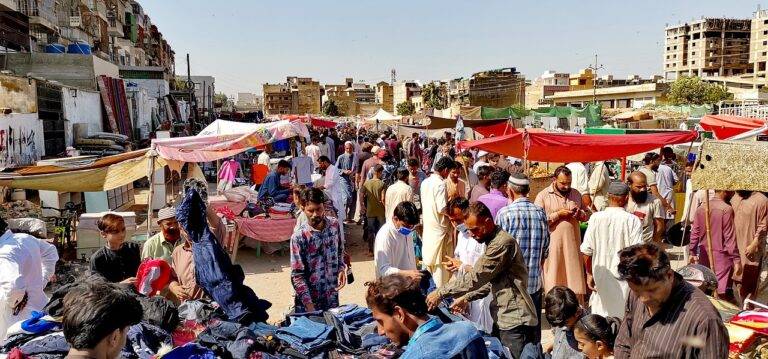The Impact of Climate Change on Agriculture: 11xplay, Reddy anna book, Goldenexch 7777
11xplay, reddy anna book, goldenexch 7777: Climate change is a global phenomenon that is affecting every aspect of our lives, including agriculture. As the Earth’s climate continues to warm, the impact on agriculture is becoming increasingly severe. The changing weather patterns, rising temperatures, and extreme events are all putting pressure on our food production systems. In this article, we will explore the various ways in which climate change is affecting agriculture and what we can do to mitigate these impacts.
Impact on Crop Yields
One of the most significant impacts of climate change on agriculture is its effect on crop yields. Rising temperatures and changing precipitation patterns are disrupting growing seasons and leading to reduced yields for many crops. Extreme weather events such as droughts, floods, and heatwaves are becoming more frequent, further exacerbating the challenges faced by farmers.
Livestock Production
Climate change is also impacting livestock production. Changes in temperature and humidity levels can stress animals, leading to reduced growth rates, reproductive problems, and increased susceptibility to diseases. Extreme weather events can also affect feed availability and quality, further impacting the health and productivity of livestock.
Water Resources
Water is essential for agriculture, but climate change is putting pressure on water resources. Changing precipitation patterns can lead to water scarcity, affecting irrigation systems and crop production. Increased evaporation rates due to rising temperatures can also exacerbate water shortages, making it challenging for farmers to meet the water needs of their crops and livestock.
Pests and Diseases
Climate change is also influencing the distribution and prevalence of pests and diseases in agricultural systems. Warmer temperatures and changing weather patterns can create more favorable conditions for pests to thrive, leading to increased pest populations and crop damage. Climate change can also impact the spread of plant diseases, affecting crop health and productivity.
Soil Health
Climate change can have a significant impact on soil health, which is essential for sustainable agriculture. Changes in temperature and precipitation can alter soil structure and composition, affecting nutrient availability and water retention. Soil erosion, salinization, and desertification are also becoming more prevalent due to changing weather patterns, further compromising soil health and agricultural productivity.
Adaptation and Mitigation Strategies
To address the challenges posed by climate change, farmers and policymakers need to implement adaptation and mitigation strategies. These can include practices such as crop diversification, water conservation, agroforestry, and soil conservation. Investing in climate-resilient crops and livestock breeds can also help farmers adapt to changing conditions and reduce the carbon footprint of agriculture.
FAQs
Q: How is climate change affecting small-scale farmers?
A: Small-scale farmers are particularly vulnerable to the impacts of climate change due to their limited resources and dependence on agriculture for their livelihoods. Changes in weather patterns can disrupt their growing seasons, leading to crop failures and food insecurity.
Q: What role can technology play in addressing the impacts of climate change on agriculture?
A: Technology can play a crucial role in helping farmers adapt to the challenges posed by climate change. Innovations such as weather forecasting tools, precision agriculture techniques, and drought-resistant crop varieties can help farmers mitigate the impacts of changing weather patterns and improve their resilience to climate change.
Q: What can consumers do to support sustainable agriculture in the face of climate change?
A: Consumers can play a significant role in supporting sustainable agriculture by choosing to buy local, organic, and sustainably produced food. By supporting farmers who prioritize environmental sustainability and climate resilience, consumers can help promote practices that mitigate the impacts of climate change on agriculture.
In conclusion, climate change is posing significant challenges to agriculture, threatening food security and livelihoods around the world. By implementing adaptation and mitigation strategies and supporting sustainable farming practices, we can help build resilience in our agricultural systems and mitigate the impacts of climate change on food production. It is essential that we work together to address this global challenge and ensure a sustainable future for agriculture.







